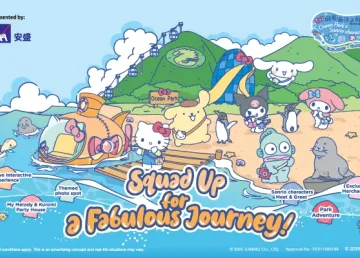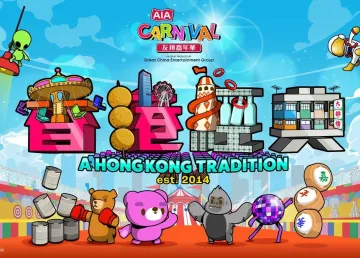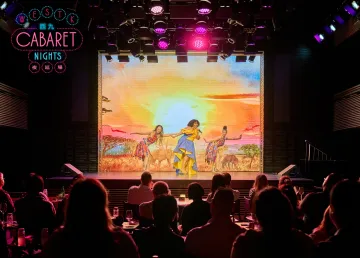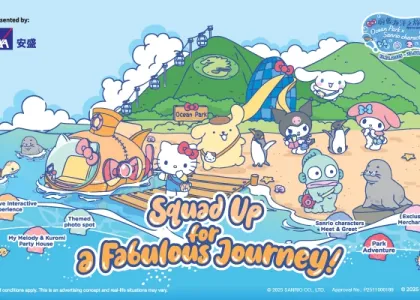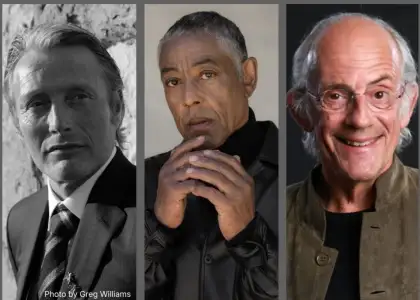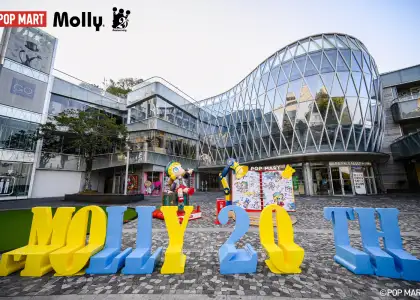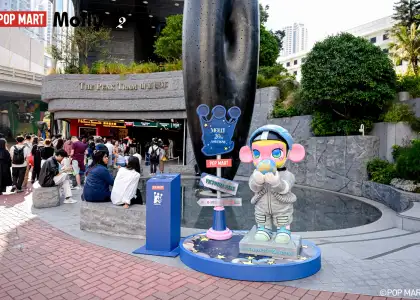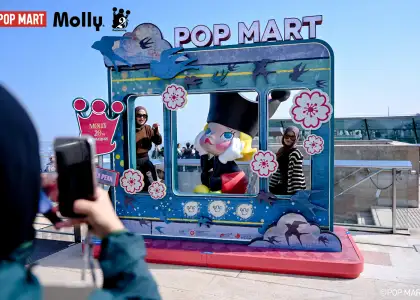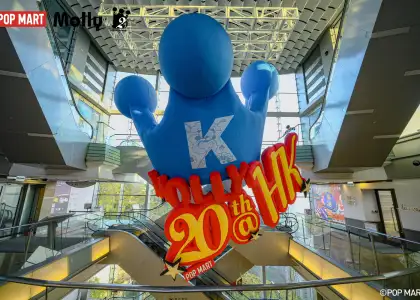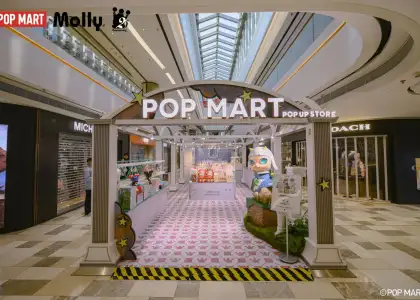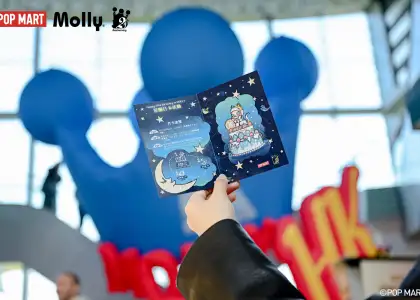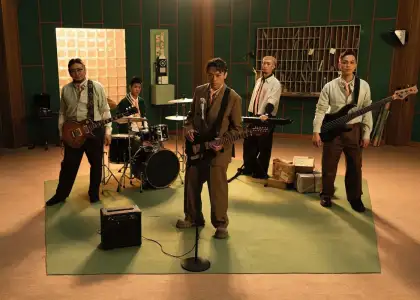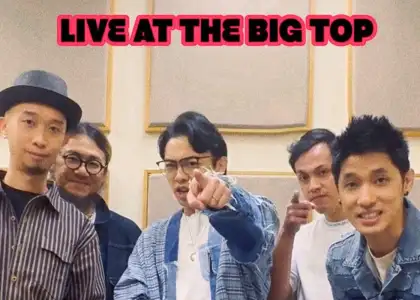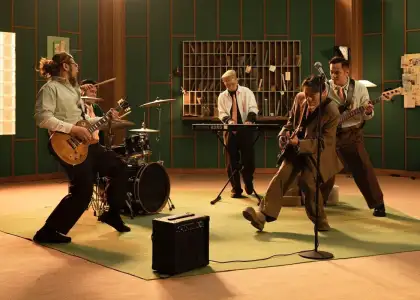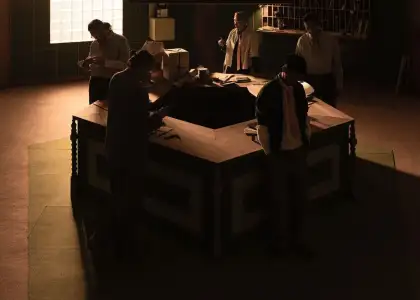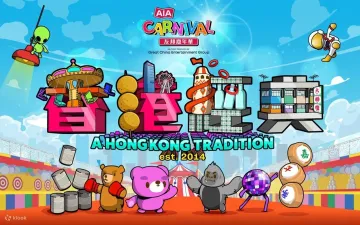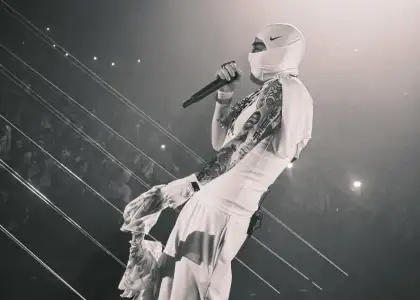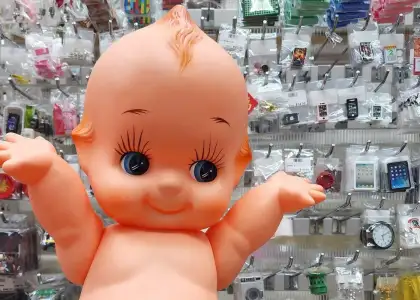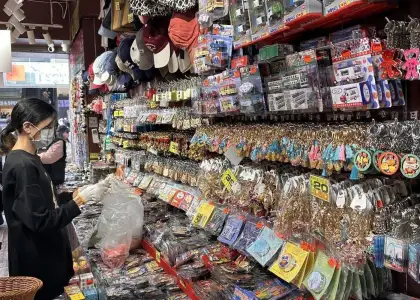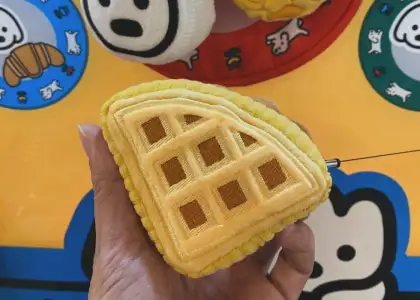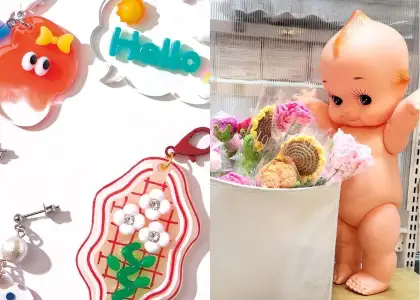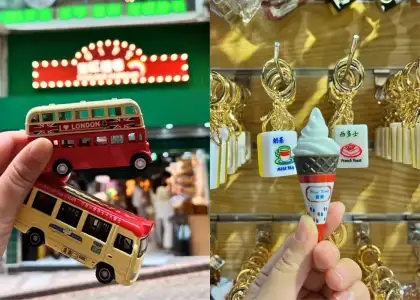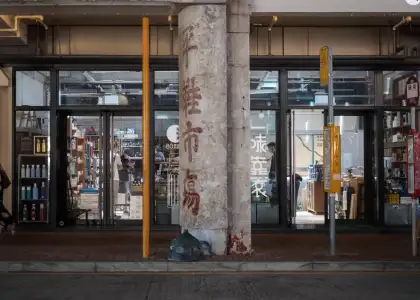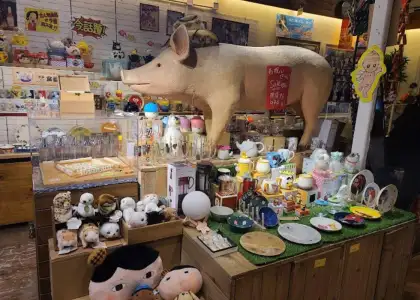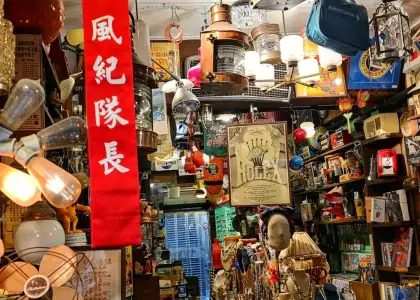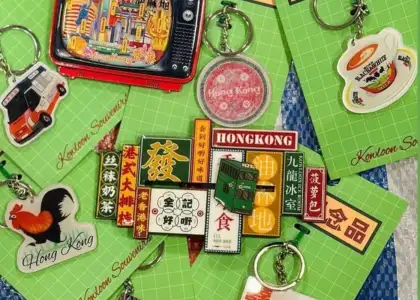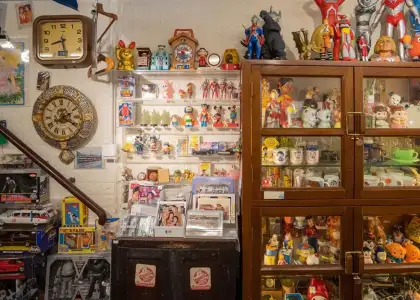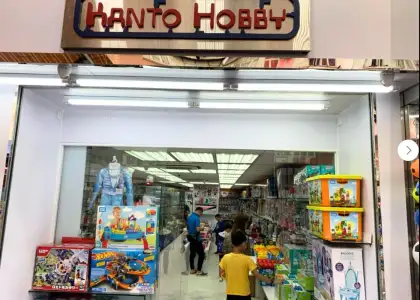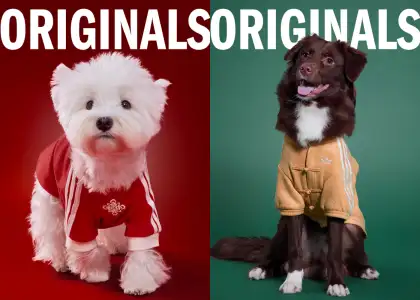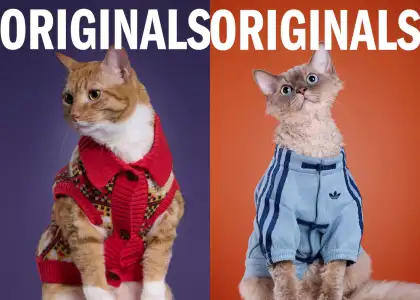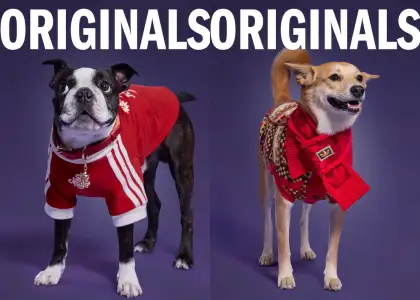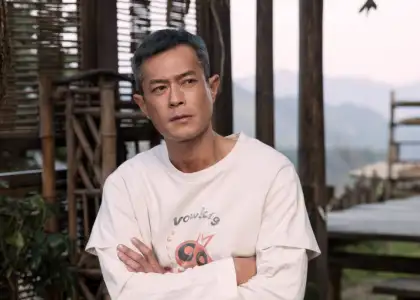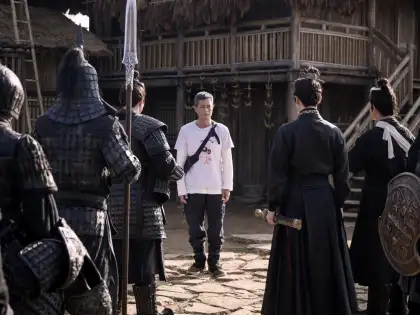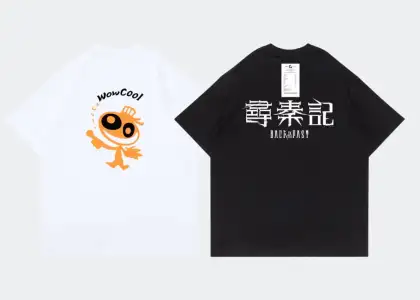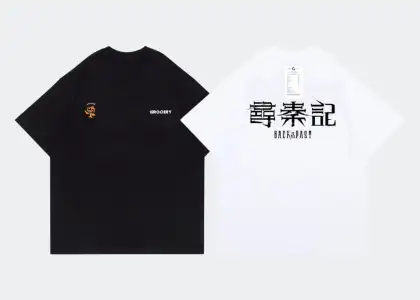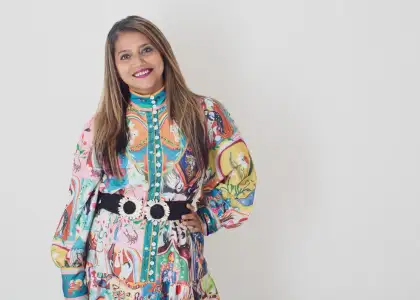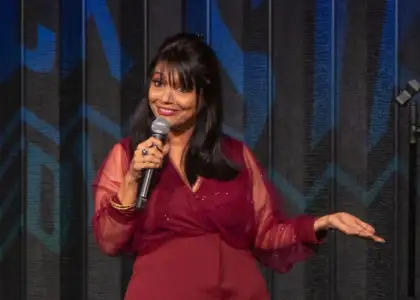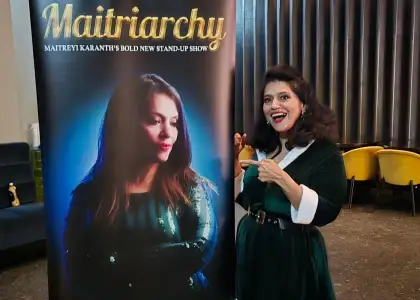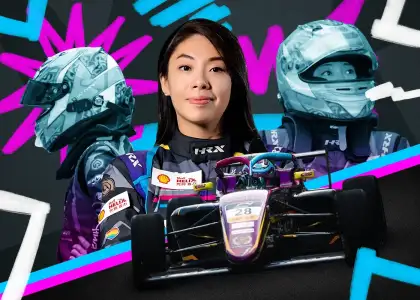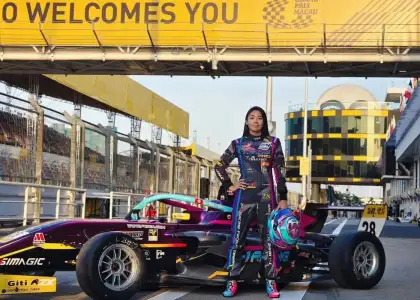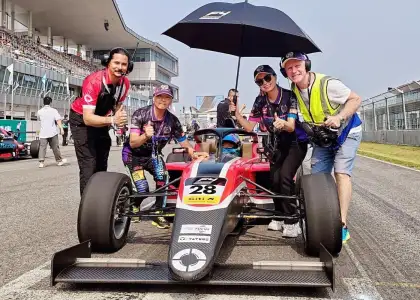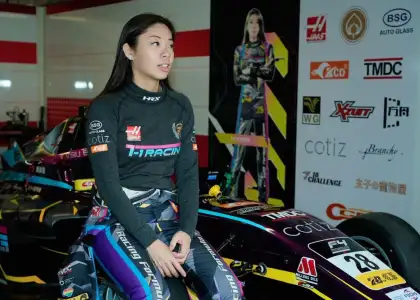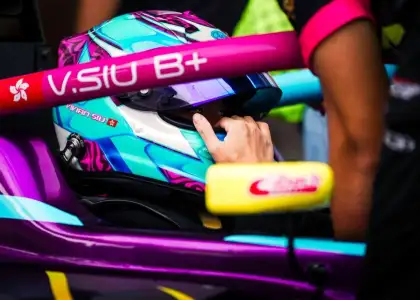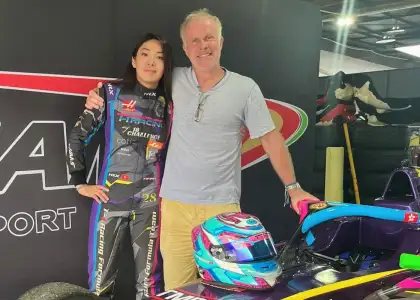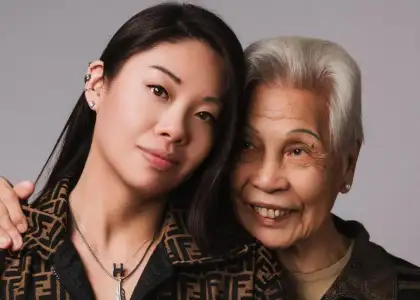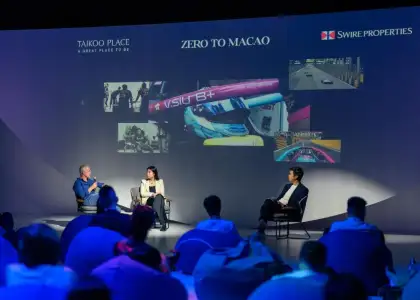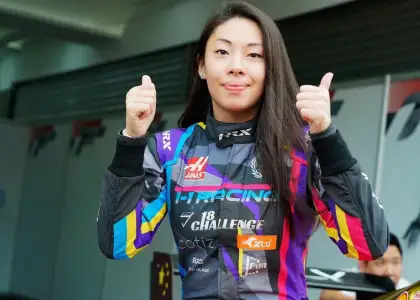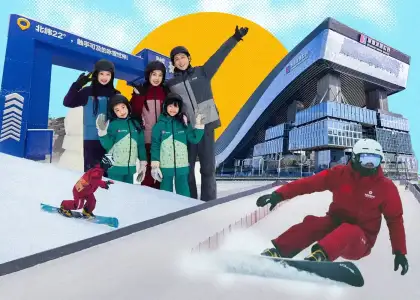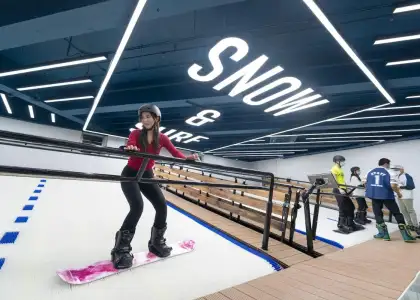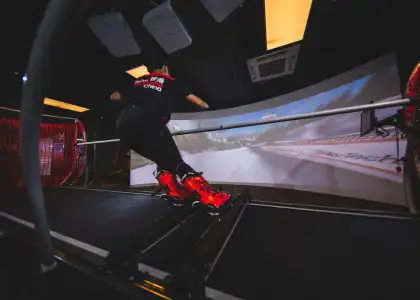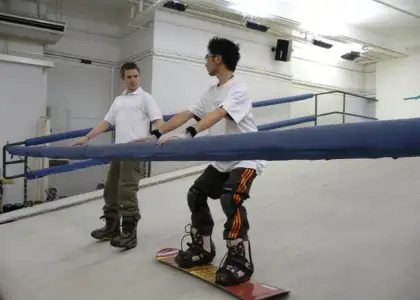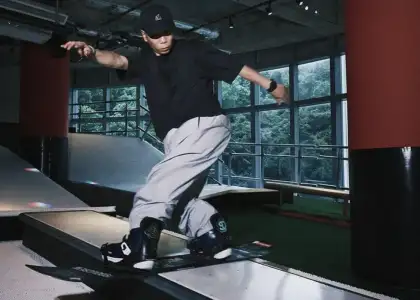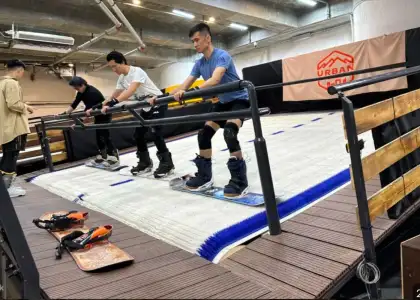How a 19-Year-Old Hongkonger Is Redefining Compassion in the Digital Age
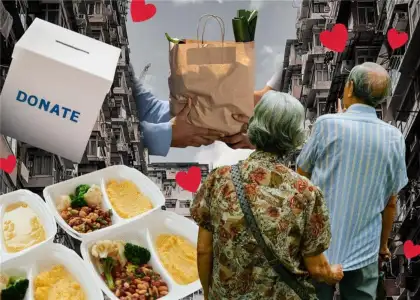
In a digital world where influencers sell skincare routines and curated aesthetics, @blesiva_, or Belle, a 19-year-old university student, is doing something radically different.
With a fast-growing following of over 30k in just 10 months on Instagram, alongside a presence on YouTube and TikTok, she’s using her platforms not to promote products, but to feed the elderly, support the overlooked, and quietly rewrite what it means to be “influential” in Hong Kong, all while choosing to remain anonymous.
We chatted with Belle to hear about her motivations, the emotional weight of her work, and her hopes for a more compassionate Hong Kong.
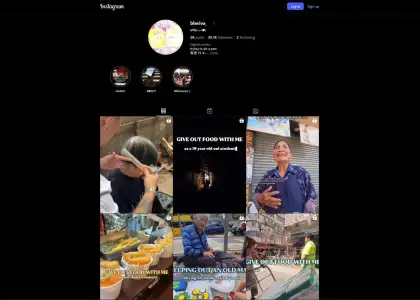
Armed with a trolley, a camera, and a heart full of empathy, Belle has built a one-woman movement that supports some of Hong Kong’s most overlooked individuals — elderly cardboard collectors, street vendors, and others living on the margins. Through her Instagram, she documents her journey of distributing meals and monetary aid, using social media not for self-promotion, but as a tool for crowdfunding and awareness.
Her videos are simple: a hand reaching out with a meal, a quiet “thank you,” a smile exchanged on a busy street. But behind each viral clip is a story of courage, compassion, and a deep discomfort with the inequality she sees around her.
“I’ve always been aware of my own privilege,” she says. “My family provides me with a great life, but I know not everyone gets that, and it’s not their fault. It’s just luck, and that feels unfair to me.”

While her videos may appear effortless, the journey behind them is anything but. Belle’s path to becoming one of Hong Kong’s most quietly impactful creators began with hesitation, self-doubt, and a deep desire to do something meaningful.
Belle’s first Instagram reel was posted in January this year, but her journey began long before that. “I procrastinated for a long time, wondering when or if I should do it,” she admits. “I’m not super extroverted either, and in my usual routine, I never really have to approach strangers.”
Inspired by creators like Josh Liljenquist and Aiden Kim, who used social media to fund acts of kindness, she decided to try. Her first outing was modest — buying bread from a local bakery with her private tutoring income and handing it out in Sham Shui Po. “People were really nice and really grateful, and I was glad I finally did it because I procrastinated for ages.”
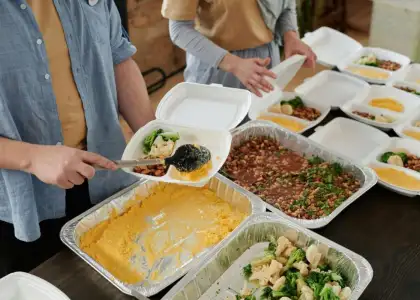
That small act sparked something bigger. She kept posting, even when no one was watching. “There were very few likes, no attention. But I just kept doing it.” Then, a video blew up. Donations started coming in. Suddenly, she had the means to keep going — and to scale.
What makes Belle’s work resonate isn’t just what she does, but how she does it. “If I’m giving out meals and someone walks by and asks for one, I’m not going to say no,” she says. “Even if they do have a lovely apartment and a great life and they’re just taking a box of food from me, it’s just one box of food. I don’t have the judgment or the power to decide who actually needs help and who doesn’t.”
Her approach is rooted in empathy, not bureaucracy. One moment that stayed with her was when a cardboard-picking grandma received her favorite meal, a chicken rice. “She was so happy, like, literally jumping in her spot,” Belle recalls. “She said food is so expensive now, and [the meal's price] is basically her whole day’s work.”
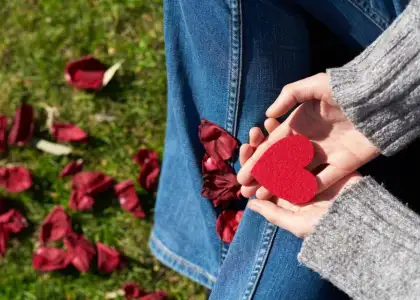
Belle’s reflections go beyond charity — they’re a quiet manifesto for a more compassionate city.
“I feel like compassion and kindness in practice are really simple,” she says. “Just stopping for a conversation, smiling, or giving a few dollars to the beggars you see on the streets. So many people ignore them, but that kind of kindness can be normalized really easily in urban life.”
But with visibility comes criticism. Backlash for filming charitable interactions is common in today's digital age.
“There are definitely a lot of very cynical people on the internet,” she shares, “And I don’t understand this obsession with deciding who ‘deserves’ help.” Her philosophy is simple: “Let’s say I’m giving out meals and someone walks by and asks for one, I’m not going to say no. Ok, maybe they dress well, maybe they’re not that old. But how do you know they’re not sleeping under a bridge?”
She adds, “There’s no way I’m going to ask people to prove they need help, like, ‘Show me your bank account.’ That’s not how it works.”
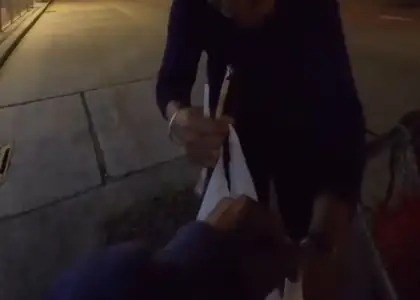
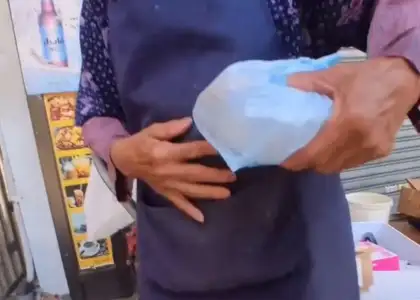
She’s learned to tune out the noise. “If you know what you’re doing comes from goodwill, and most people support you, then you don’t need to let criticism or backlash get to you. I post on social media so I can continue doing what I do. If I didn’t post, I’d only be able to do it a few times.”
Belle’s work also challenges the traditional definition of an influencer. In a digital landscape dominated by curated lifestyles and consumerism, she offers a different kind of influence — one rooted in empathy, action, and social responsibility. “I used to follow all these influencers who influenced me to buy the newest clothes, the newest lipsticks,” she says. “But I started wondering: why aren’t there influencers who inspire you to be a better person?”
Now, she’s become that kind of influencer herself — without ever showing her face. “There’s a group of high schoolers who started an account doing exactly what I do, buying and distributing food, and that’s honestly so cool,” she says. “That’s exactly what I hoped would happen: to inspire others to do the same.”
Why do you choose to give directly rather than through organizations?
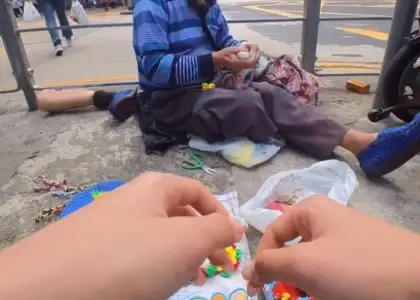
Giving directly allows me to film what I do and hopefully inspire some people and gain support. That’s my own reason for giving directly and I think it just works better with my schedule. I can go out whenever I have time.
With organizations, you have to register and follow their schedule. But for what I do, if I have free time, I’ll go out and give out food. That works well for me because I’m a uni student, so my schedule’s all over the place.
Have you faced any personal doubts or fears along the way, and what have you learned about yourself through this journey?
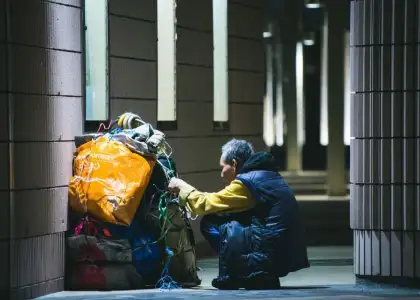
I think at the start, like when my first video blew up, I was obviously super excited. Nothing had ever gone viral for me before, and I was getting so much support. But I think with anything on social media, when you gain a lot of attention, there’s always criticism that comes with it.
At first, I was checking all the comments and DMs constantly. I used to respond to the negative ones too, but I realized that most people who criticize me are very set in their ways. They don’t really want to hear my reasoning or explanation. And that made me feel bad, because I knew I was just trying to help people but I was still getting criticized. So eventually, I stopped looking at comments for the most part.
Sometimes I do translate them, but I just ignore it. I know what I’m doing, and I stand behind it. I’m proud of it. I don’t think I’m doing anything bad. Everyone has their own perception of the world, shaped by their own reality. If someone’s living a miserable life, they’re probably going to have a miserable perception of things, and I can’t really change that.
What is something people might not know about poverty in Hong Kong?
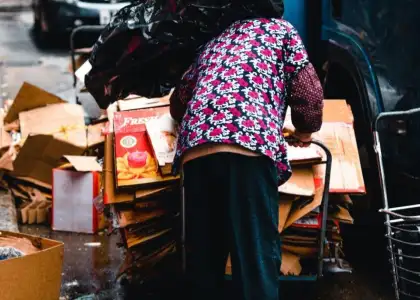
We have an aging population, and a lot of them don’t have a support system like a family to look after them. It’s really sad that so many of them still have to work. Cardboard picking is a lot of work, especially when you’re pushing a heavy trolley, and most of them have some kind of health issue. Some do get government benefits, but it’s very little and not enough to sustain themselves.
One thing that really shocked me is how common cardboard picking is among the elderly in Hong Kong. It’s actually quite necessary — if you didn’t have these elderly people picking up cardboard, you’d have stores overflowing with boxes. But the government is really strict about how they store their carts. They even confiscate their trolleys if they’re parked in the wrong place or left overnight. And once it’s confiscated, they can’t get it back. That feels like picking on the weak, which I really don’t like.
Another thing about poverty in Hong Kong is how easy it is to ignore. You see the impoverished and the homeless, but you don’t actually know where they live. Only when you see the subdivided flats, cage homes, coffin homes, do you really understand the magnitude of poverty here. People think of Hong Kong as the beautiful skyline, but they don’t really see how poverty affects the people living in these areas.
What changes would you like to see in how the city supports the elderly and marginalized communities?
I think just from the perspective of everyday people, it starts with being a little kinder.
Even if you don’t buy them anything, you can stop for a conversation. A lot of these elderly people live alone, and when you live alone, you don’t really have anyone to talk to. Just talking with me makes some of them really happy because they feel listened to.
Even with beggars on the street, I hear people say, “Oh, you shouldn’t give money to beggars because they’re not doing anything.” But don’t you think they would be doing something if they could? The job market is terrible, and it’s really hard for some of them to find work, especially if they’re disadvantaged or disabled.
What advice would you give to someone who wants to use social media for good while staying ethical and respectful?
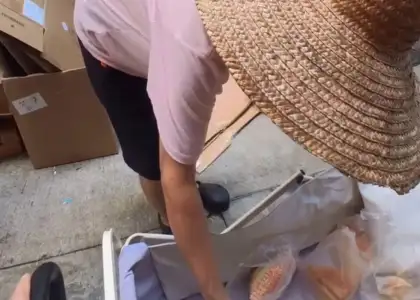
Figure out what you want to do and how you want to impact people. For me, I really want to help people, and the way I do that is by giving out food. I want people to feel inspired by my videos on social media, so that’s how I decide what kind of content to make, how I edit, and how I post.
If you know what you’re doing comes from goodwill, and most people support you, then you don’t need to let criticism or backlash get to you. Not that you shouldn’t listen at all, you can take it into account, but a lot of people are just hating to hate. That really shouldn’t affect you.
There are so many reels about “becoming the best version of yourself,” studying hard, going to the gym, eating healthy. And that’s great, but it’s all about improving your own life. I feel like being the best version of yourself should also include how you affect the people around you.
What do “compassion” or “kindness” mean to you in practice, and how do you think these can be normalized in urban life?
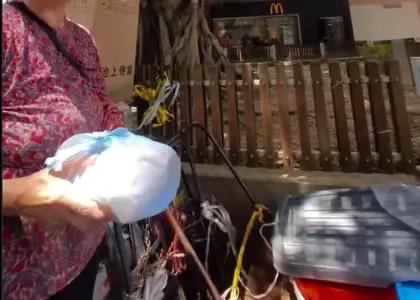
Being kind doesn’t mean you have to be a ray of sunshine every day or have a perfect temper. It’s just about small things — supporting elderly people selling goods on the street, tipping them a little more, or even getting involved in volunteering events or supporting social enterprises and organizations.
Are there new formats, collaborations, or directions you're looking forward to exploring in the future?
I do have some other content creators who’ve reached out to collaborate, which I’m quite excited about, though nothing’s confirmed yet. The content will still be around distributing food, but it’ll be a different type of format from what I usually do.
I hope that by collaborating with people others look up to, it’ll make an impact, like, “Oh, I can do this too.” I’ll be able to reach more people.
What would you say to those who feel powerless in making an impact?
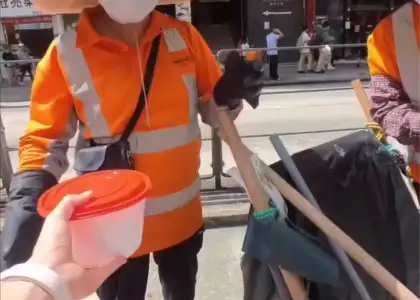
If you’re feeling powerless, I get it. When I procrastinated, it was because I was scared. It took me six months from having the idea to actually doing something, and I wish I could get that time back.
How you spend your days is how you spend your life. If you want to help people, or even if it’s not about helping, but just pursuing something you’re passionate about, you should go for it. Nothing’s going to happen overnight. You have to put in the effort and actually try.
This interview has been edited for length and clarity.
To see Belle’s meaningful work in action, check out her videos and updates on Instagram, TikTok, and YouTube. Her quiet acts of compassion are changing lives, and her feed is a reminder that kindness doesn’t need a spotlight to make an impact.
Get the latest curated content with The Beat Asia's newsletters. Sign up now for a weekly dose of the best stories, events, and deals delivered straight to your inbox. Don't miss out! Click here to subscribe.
